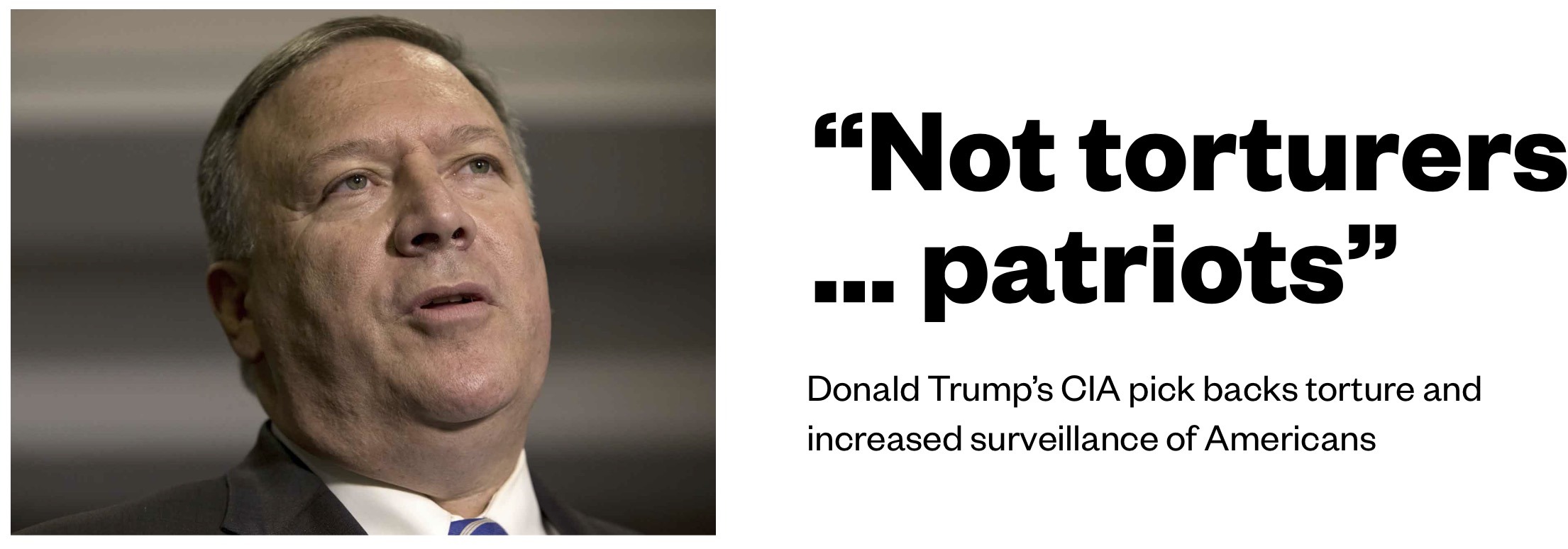This is not the normal pre-OPEX panic-ramp, everyone’s buying stocks market…
Some generous National Team action overnight saved Chinese stocks from sinking back into the red YTD…
Europe closed green, rallying after US markets opened…
Stocks rallied after Peter Navarro appeared on CNBC with Rick Santelli and did not say something earth-shattering (it seems we have a low barrier for what is ‘good’ news again), but then Mueller headlines sparked some de-risking… Dow dramatically outperform
This is the S&P’s longest losing streak of the year (since 12/6/17)
Futures show the overnight dip around the Japanese open (suggested driven by comments from Kuroda, buit it was quickly stabilized)
S&P clings to its 50DMA…
Stocks also stumbled when WMT was whacked with a whistleblower lawsuit… but once again Boeing was in charge…
FANG Stocks were marginally lower on the day but as Bloomberg details, the rally in the FANG block of tech shares and its megacap brethren just surpassed a dubious milestone. An index of 10 tech growth shares pushed its advance to 23 percent so far this year, giving the group an annualized return since early 2016 of 67 percent. That frenzied pace tops the Nasdaq Composite Index’s 66 percent return in the final two years of the dot-com bubble.
The NYSE FANG index has risen 76 percent in the past year, picking up pace from 41 percent in the previous 12 months.
Bank stocks stabilized a little today after an ugly week…
Also of note, for the 5th day in a row, VIX is holding at its 50DMA ahead of tomorrow’s OPEX…
Treasury yields were broadly unchanged today with the very short-end up 1-2bps…
Once again the yield curve flattened to fresh lows since Oct 2007…
The Dollar Index screamed back into the green for the week and unchanged from pre-payrolls… This is the biggest jump in the dollar since February…
PMs and Copper drifted lower on the day as the dollar ripped but crude bounced higher…
Kudlow had a great day after saying “sell gold, buy king dollar”…
Another ugly day for cryptos as weakness accelerated dramatically overnight from the losses after Google announced its crypto ad ban but dip-buyers scooped up some in the US session…
Finally we note that the only asset class to see its volatility fully normalize since February’s Fiasco is gold…
via RSS http://ift.tt/2IuNgN8 Tyler Durden































